Cheese is a beloved dairy product that comes in a multitude of flavors, textures, and forms. During pregnancy, your body undergoes numerous changes, requiring an increased intake of various nutrients to support your health and the development of your baby. Cheese can be an excellent source of essential nutrients such as calcium, protein, and vitamins A and B12, all of which are crucial during this period.

Calcium is vital for the development of your baby's bones and teeth, and cheese is one of the richest dietary sources of this mineral. The protein found in cheese supports fetal growth and contributes to maternal tissue repair and immune function. Additionally, vitamin A plays a role in maintaining healthy skin and vision, while vitamin B12 is essential for red blood cell formation and nervous system health. Consulting a skin specialist during pregnancy can also help address skin-related changes that often accompany nutritional shifts.
However, not all cheeses are created equal, and some may pose risks during pregnancy. Understanding the nutritional benefits of cheese and making informed choices can help you enjoy this dairy product safely while reaping its health benefits.
Safe Types of Cheese to Consume While Pregnant

When selecting cheese during pregnancy, it's crucial to choose varieties that minimize the risk of exposure to harmful bacteria. Hard cheeses, such as cheddar, Parmesan, and Swiss, are generally considered safe because they have a lower moisture content, which reduces the likelihood of bacterial growth. These cheeses are also nutritious, offering an excellent balance of calcium and protein. For women undergoing fertility procedures such as IUI treatment, maintaining a safe and nutrient-rich diet becomes even more important to support overall health and reproductive outcomes.
Pasteurized cheeses, whether soft or hard, are typically safe to consume during pregnancy. The pasteurization process involves heating the milk to eliminate harmful bacteria, making these cheeses a safer choice. Examples of pasteurized cheeses include mozzarella, cream cheese, and processed cheese slices.
For those who enjoy soft cheeses, options like pasteurized feta and ricotta can be safe alternatives. Always check the labels to ensure the cheese is made from pasteurized milk and remember that cooking cheese until it's steaming hot can further reduce risks. A physiotherapist may also advise expecting mothers on safe lifestyle practices, including nutrition choices, to support overall well-being during pregnancy. By opting for these safer cheese varieties, you can indulge in your cravings without compromising your health or that of your developing baby.

Cheese to Avoid: What Pregnant Women Should Know
Certain types of cheese can pose a risk during pregnancy due to their potential to harbor harmful bacteria such as Listeria monocytogenes. Soft cheeses made from unpasteurized milk, including Brie, Camembert, and blue-veined cheeses like Roquefort, should be avoided. These varieties have a higher moisture content, making them more susceptible to bacterial contamination.
Unpasteurized cheeses are particularly concerning because they can harbor Listeria, which can lead to listeriosis. This infection is rare but can have severe consequences for both mother and baby, including miscarriage, preterm labor, or stillbirth. Therefore, it's best to steer clear of any cheese that is not clearly labeled as pasteurized.
Even some pasteurized soft cheeses can pose a risk if not handled properly. It's crucial to store cheese at the right temperature and consume it before its expiration date to minimize any potential hazards. By being cautious and informed, you can make safe cheese choices throughout your pregnancy.
The Risks of Listeria and Other Foodborne Illnesses Related to Cheese
Listeria monocytogenes is a type of bacteria that poses a significant risk to pregnant women. While healthy adults might experience only mild symptoms, pregnant women are about 10 times more likely to get listeriosis. This illness can lead to severe complications, including infection of the newborn, miscarriage, or stillbirth.
In addition to Listeria, other foodborne pathogens such as Salmonella and E. coli can be present in improperly handled or stored cheese. These bacteria can cause food poisoning, leading to symptoms like nausea, vomiting, diarrhea, and abdominal pain, which are particularly concerning during pregnancy.
To reduce the risk of foodborne illnesses, ensure that you consume cheese made from pasteurized milk and follow safe food handling practices. Always refrigerate cheese promptly, use clean utensils, and avoid cross-contamination with raw foods. By adhering to these guidelines, you can enjoy cheese safely and reduce the risk of infection.
How to Incorporate Cheese into a Healthy Pregnancy Diet

Incorporating cheese into your pregnancy diet can be both delicious and nutritious. To make the most of this dairy product, consider including a variety of cheese forms and flavors in your meals and snacks. Grate or slice hard cheeses like cheddar over salads, pasta, or baked dishes to add flavor and a nutritional boost.
For a quick and nutritious snack, pair cheese with whole-grain crackers, fresh fruit, or raw vegetables. This combination provides a balance of carbohydrates, protein, and healthy fats, keeping you satisfied and energized throughout the day. You can also use cottage cheese as a versatile ingredient in smoothies, dips, or as a topping for pancakes and toast.
When cooking, incorporate pasteurized cheese into soups, casseroles, and omelets for added richness and nutrition. Remember to heat soft cheeses until steaming hot to ensure safety. By creatively adding cheese to your meals, you can enjoy its benefits while adhering to a balanced pregnancy diet.
Lactose Intolerance and Cheese Consumption During Pregnancy
Lactose intolerance can make consuming dairy products challenging, but many individuals with this condition can still enjoy cheese. Hard and aged cheeses like cheddar, Parmesan, and Swiss contain lower levels of lactose due to the breakdown of lactose during the aging process. These cheeses can often be tolerated even by those with lactose sensitivity.
If you find that traditional cheeses cause discomfort, consider trying lactose-free cheese options available in most grocery stores. These products provide the same great taste and nutritional benefits without the lactose, making them suitable for those with intolerance issues.
Additionally, lactase enzyme supplements are available over-the-counter and can help your body digest lactose more effectively. By exploring these alternatives, you can enjoy the benefits of cheese without experiencing unwanted digestive symptoms during pregnancy.
The Role of Cheese in Fetal Development
Cheese plays a significant role in supporting fetal development due to its rich nutrient profile. Calcium, a key component of cheese, is essential for the development of your baby's bones and teeth. Adequate calcium intake during pregnancy is crucial to prevent the depletion of your own calcium stores and ensure the healthy growth of your baby.
Protein, another vital nutrient found in cheese, supports the formation of fetal tissues and organs. It also contributes to maternal tissue repair and the production of necessary pregnancy hormones. The presence of vitamin B12 in cheese aids in the development of the baby's nervous system and the production of red blood cells.
Including cheese as part of a balanced diet ensures that you receive these essential nutrients, which play a crucial role in your baby's growth and development. By making informed cheese choices, you can support a healthy pregnancy and provide the best possible start for your child.
Expert Recommendations: Healthcare Providers on Cheese and Pregnancy
Healthcare providers emphasize the importance of selecting safe cheese varieties during pregnancy. The general recommendation is to opt for cheeses made from pasteurized milk and to avoid unpasteurized soft cheeses that pose a higher risk of bacterial contamination. Consulting with your healthcare provider can provide personalized advice based on your dietary needs and health status.
Dietitians and nutritionists often suggest incorporating cheese into a balanced diet as a source of vital nutrients. They recommend enjoying cheese in moderation and as part of a varied diet that includes plenty of fruits, vegetables, whole grains, and lean proteins.
If you have specific concerns or conditions, such as lactose intolerance or dietary restrictions, discussing these with your healthcare provider can help tailor dietary recommendations to your individual needs. By following expert guidance, you can confidently enjoy cheese as part of your pregnancy journey.



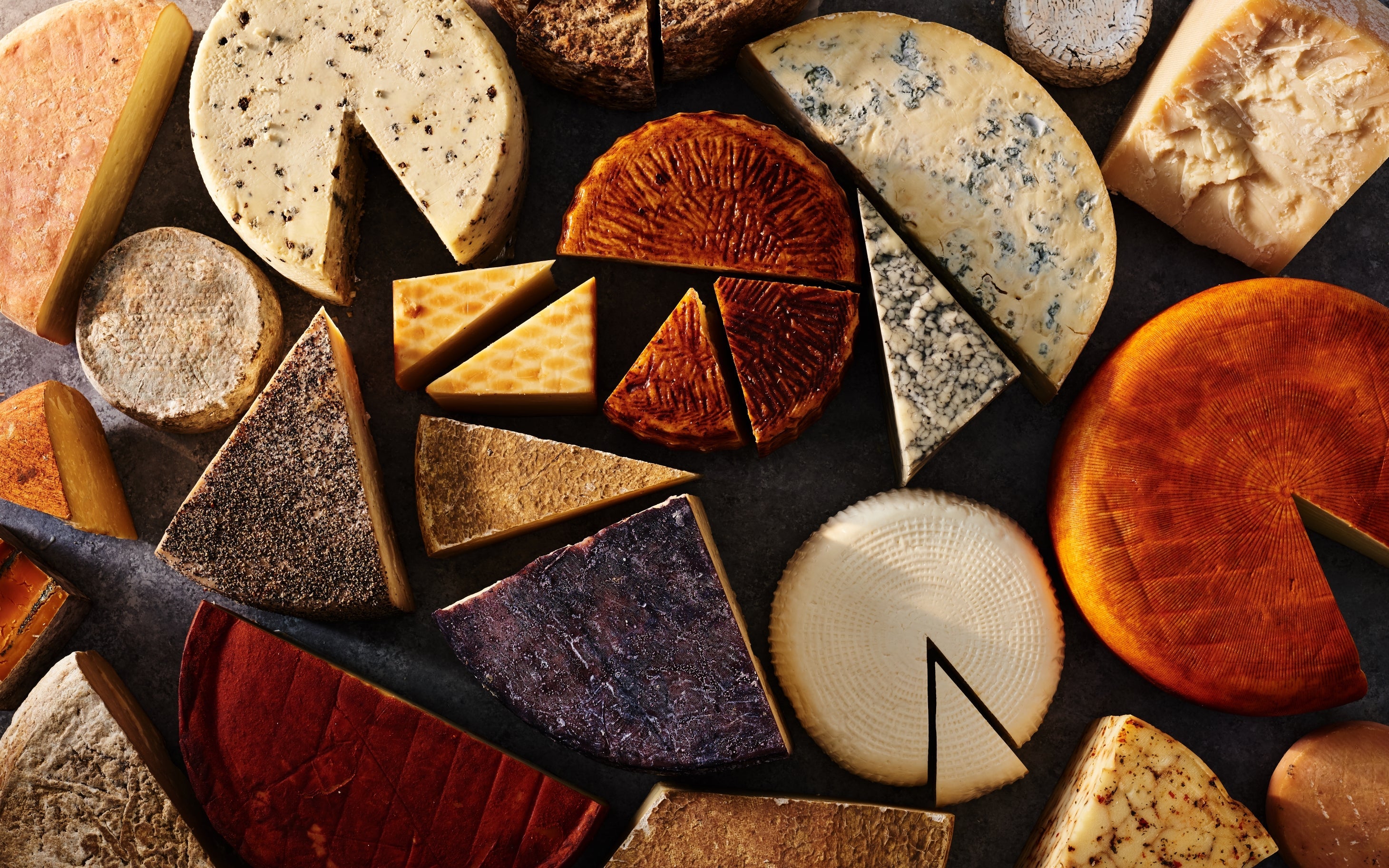
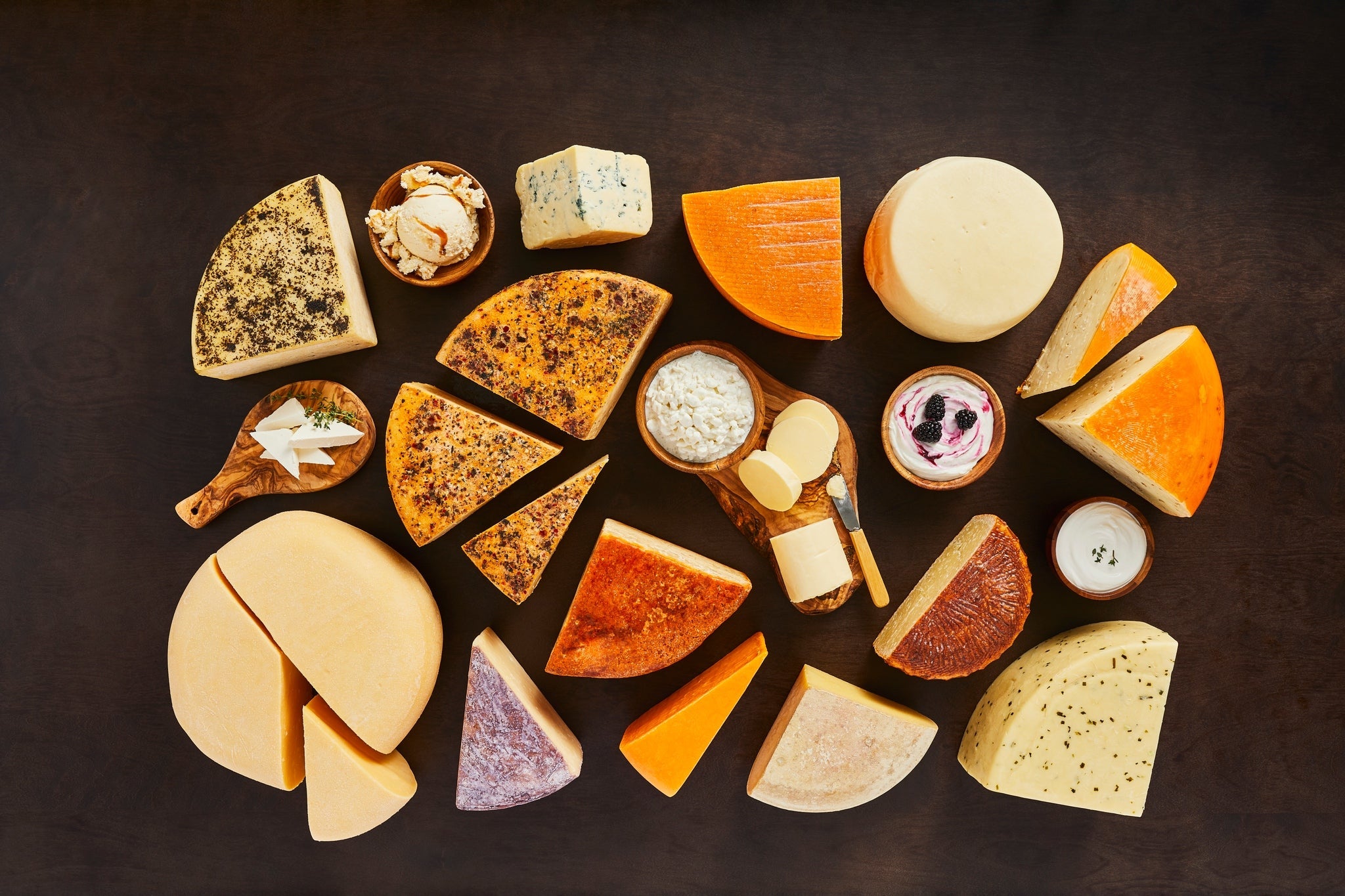
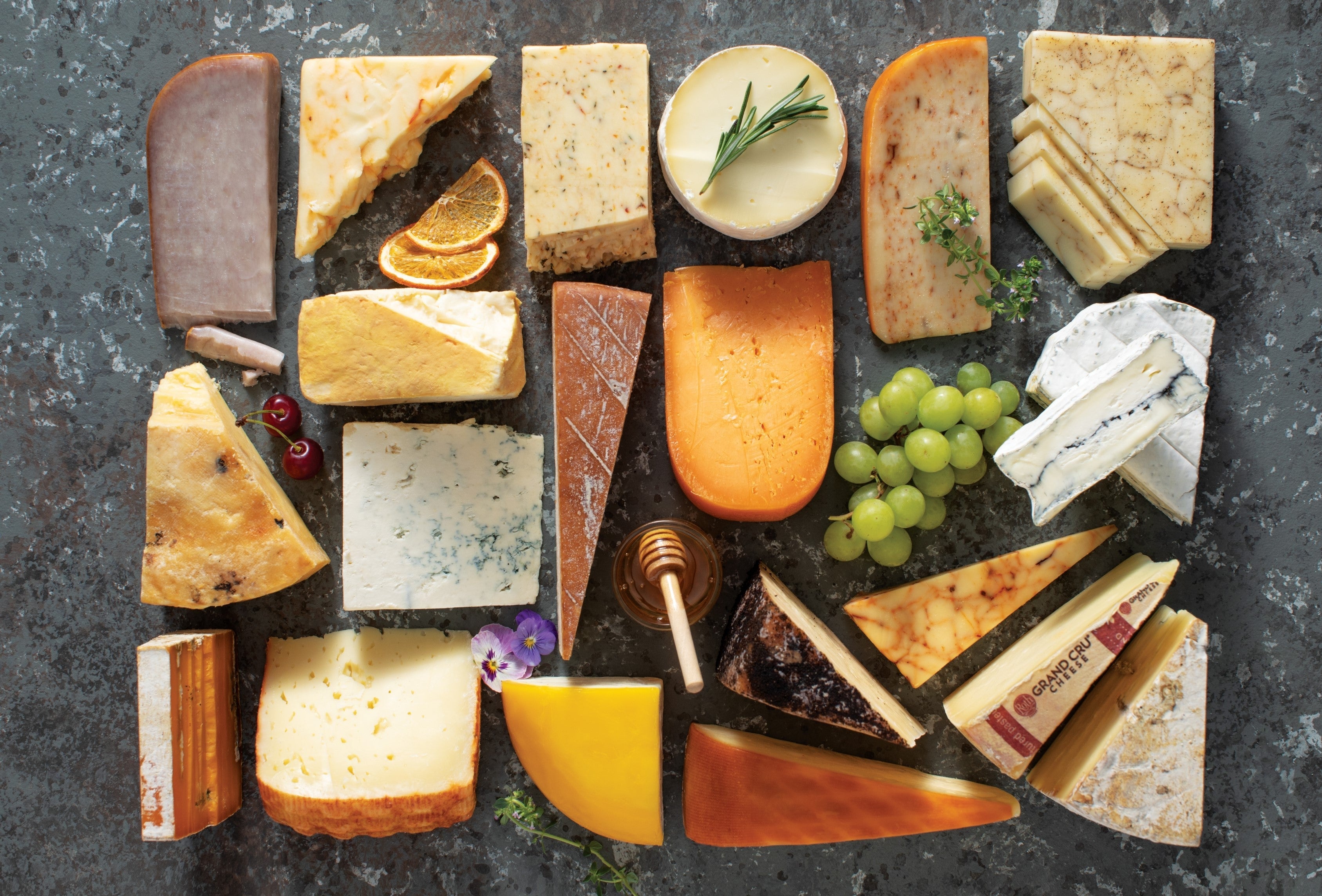


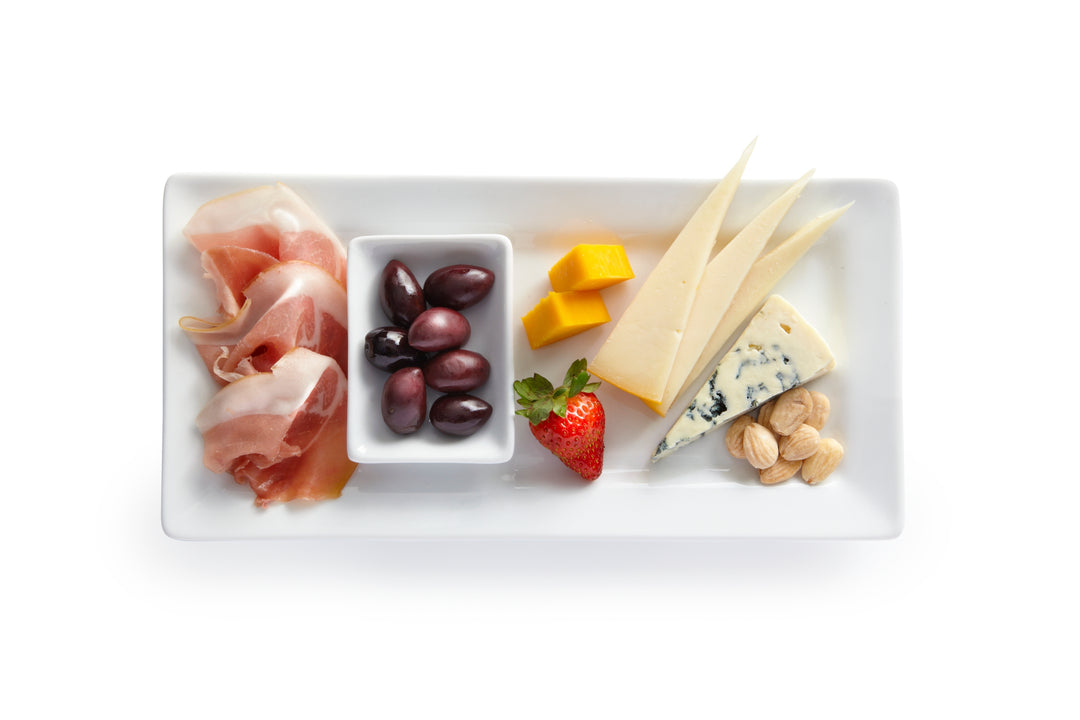
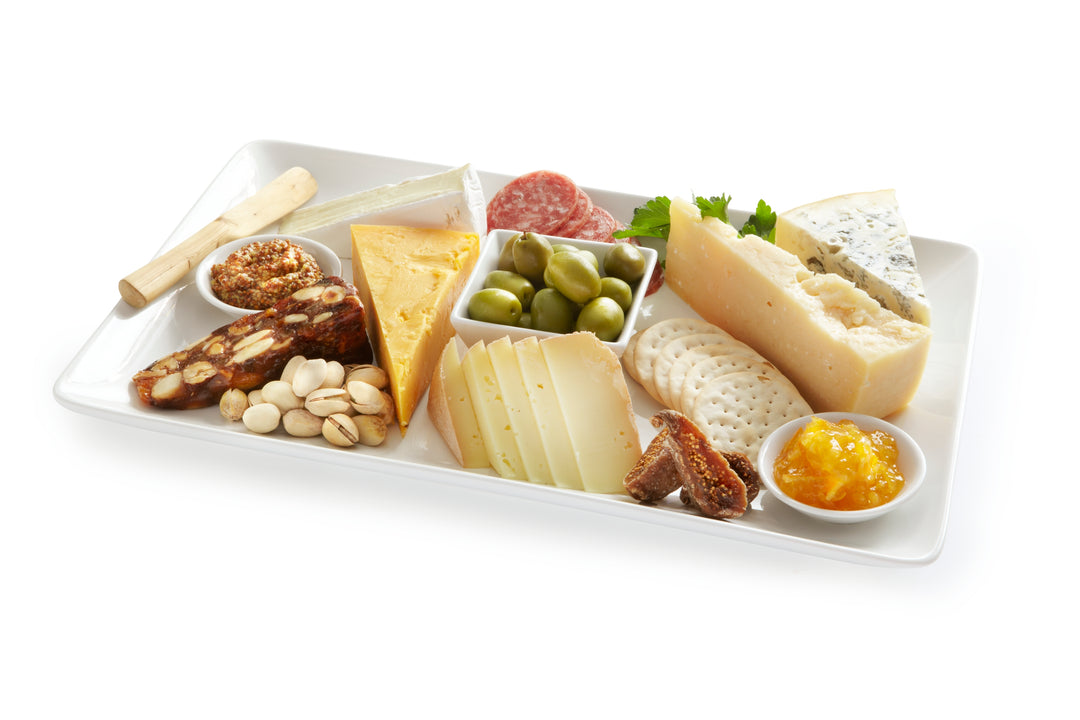
Leave a comment